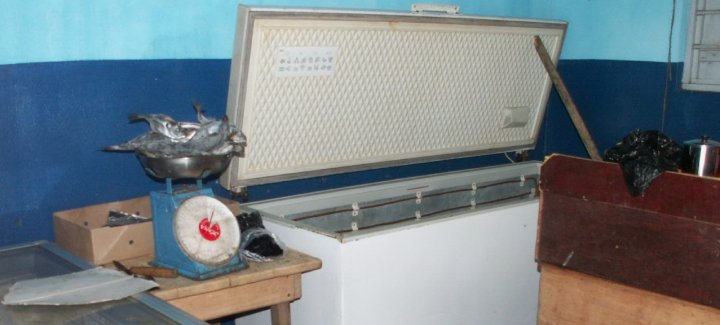- Projects & Programmes
- EE labelling system for household appliances in West African countries
Our Portfolio
EE labelling system for household appliances in West African countries
Background
The West African Economic and Monetary Union (known as UEMOA, derived from its French name, Union Economique et Monétaire Ouest Africaine) is an organisation of eight West African states. Due to their rapid pace of development, these countries face electricity shortages which not only impact their economies as a whole but also lead to high energy costs and high household bills. The use of more energy-efficient household appliances reduces peak loads as well as household bills, and an EE labelling scheme is one of the most cost-effective tools governments can implement to encourage this.
This project aimed to assist with the establishment of an EE labelling scheme for household appliances including air conditioners, refrigerators and lighting. As the UEMOA countries have limited resources available at the national level, it was decided that a framework for appliance EE labelling should be developed at the UEMOA regional level, establishing a voluntary programme that individual countries would then be able to implement and begin to enforce.

Outcomes
Reliable, effective partnerships and a good match with existing national and regional priorities contributed to this project becoming a success. Studies were conducted to establish international best practices for EE labelling schemes, the current regulatory environments of the UEMOA were analysed and a baseline for energy use by household appliances was established through market studies in Benin and Burkina Faso.
The main outcomes of the project were an EE labelling scheme proposal and a draft Directive on the topic, to be approved and adopted by all UEMOA members. Beyond UEMOA, other ECOWAS (Economic Community of West African States) countries also expressed interest in using the project outputs as inspiration for their own policies. Three regional consultative workshops and capacity building sessions were held for national and regional stakeholders. These workshops proved effective in forging connections between stakeholders, and a group of key policy makers brought together at the workshops formed a technical committee (COMITEC) which continued working together beyond the duration of the project. The project also selected three technical laboratories in the UEMOA zone as candidates for the testing of household appliances.
The project’s success was acknowledged in June 2013 in a congratulatory letter by the UEMOA President to the project partners, IFDD and Econoler.
The success of the project led to the creation of a Phase II project undertaken and funded by the project partners, which built on the outcomes of Phase I and was larger in scope and duration. It was officially launched during a side event at the 2014 summit of the Organisation Internationale de la Francophonie, which confirms the support for and interest in this issue also beyond West Africa. The COMITEC has continued to work on the formalisation of the energy labelling scheme, and most recently the scheme was included in a series of measures recommended by the UOMEA Inter-Parliamentary Committee to improve energy policy in the region.
This project also led to a new project with REEEP, which developed energy efficiency building codes for implementation by the UEMOA countries.